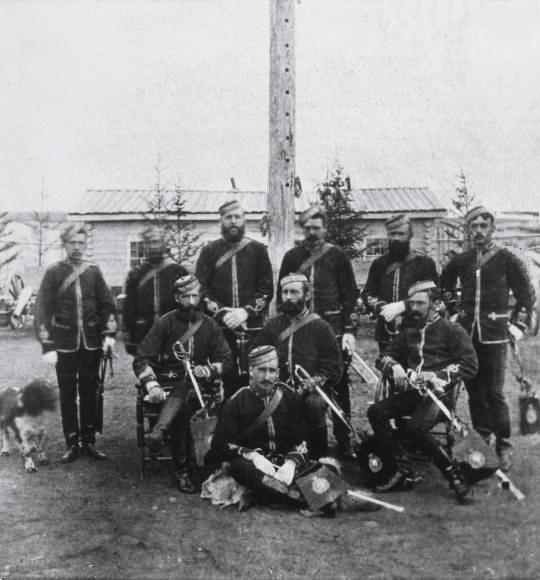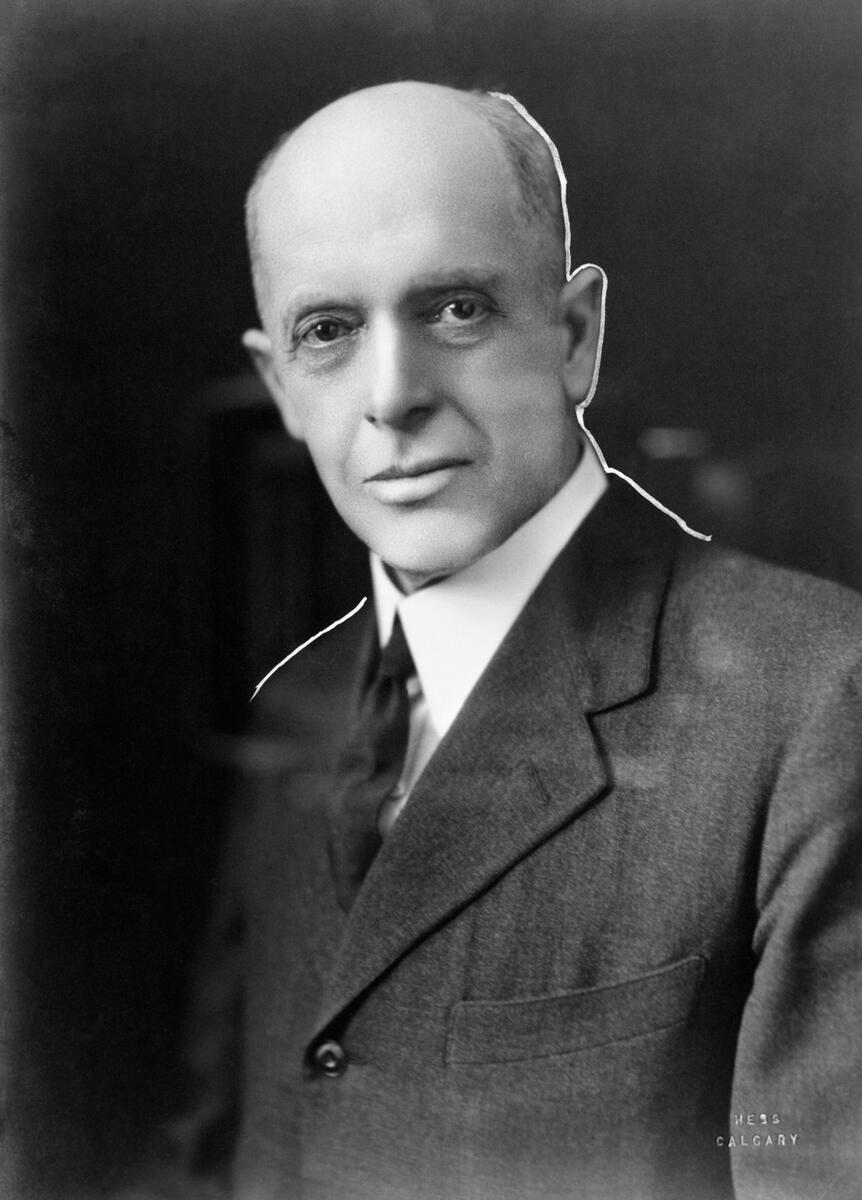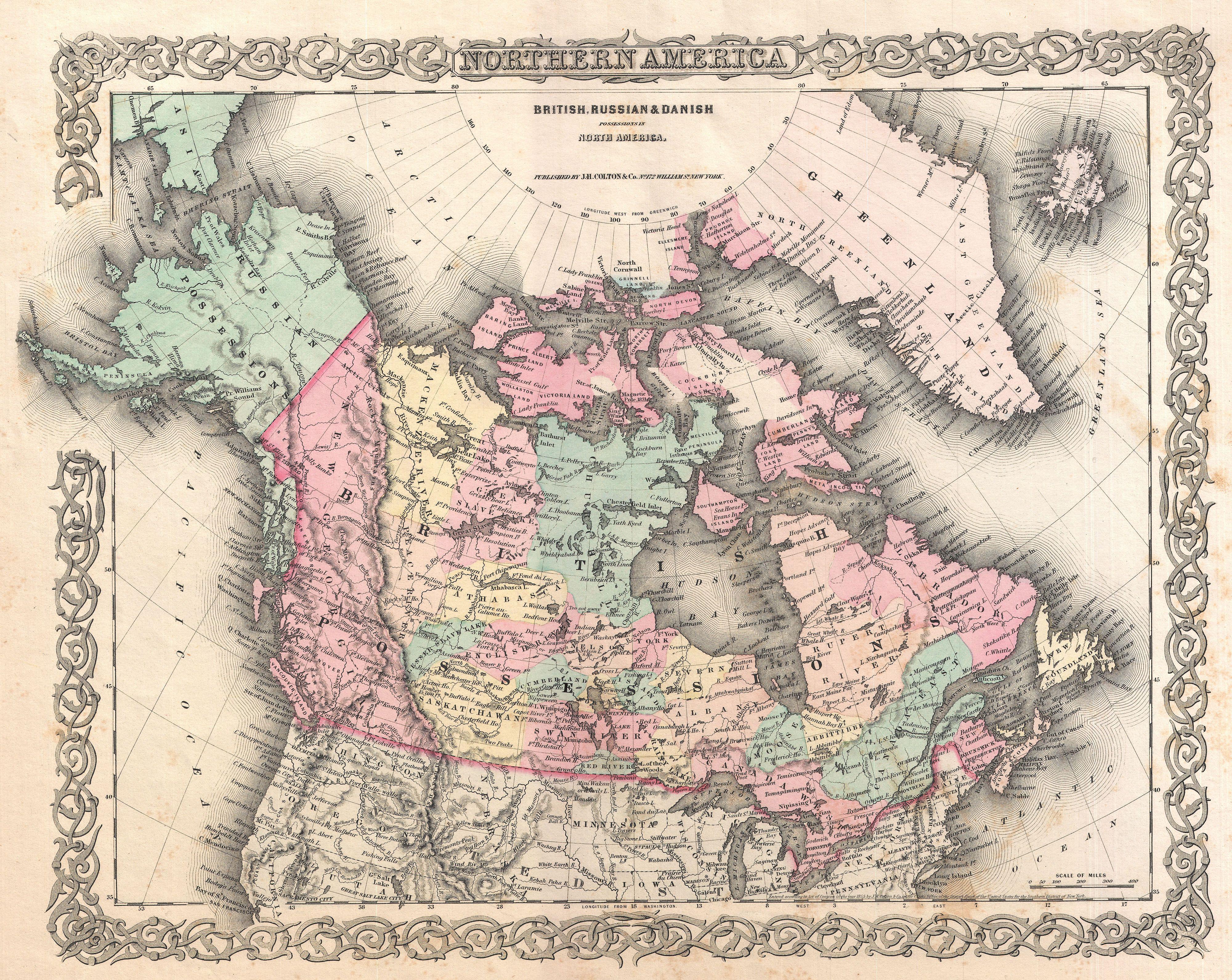|
George Skelding
George Skelding (May 18, 1864 – July 18, 1927) was a provincial politician from Alberta, Canada. He served as a member of the Legislative Assembly of Alberta from 1917 to 1921 sitting with the Liberal caucus in government. Early life George Skelding was born in Belmont, Canada West in 1864. He came west with the North-West Mounted Police in 1886 and helped establish the police barracks in Lethbridge. He moved to Fort Macleod in 1887 and started working as a ranch hand at the Strong Ranch and later the Cochrane Ranch. After a brief career at ranching Skelding became a coal dealer within a couple years and continued with that business the rest of his life. He was also involved with the grocery business becoming one half of the partnership of Baker and Skelding Co. until it was sold off. He married his wife Annie Renwick in September 1904 and had no children. Political career Skelding ran for a seat to the Alberta Legislature as a candidate for the Alberta Liberals in the 191 ... [...More Info...] [...Related Items...] OR: [Wikipedia] [Google] [Baidu] |
North-West Mounted Police
The North-West Mounted Police (NWMP) was a Canadian para-military police force, established in 1873, to maintain order in the new Canadian North-West Territories (NWT) following the 1870 transfer of Rupert’s Land and North-Western Territory to Canada from the Hudson’s Bay Company, the Red River Rebellion and in response to lawlessness, demonstrated by the subsequent Cypress Hills Massacre and fears of United States military intervention. The NWMP combined military, police and judicial functions along similar lines to the Royal Irish Constabulary. A small, mobile police force was chosen to reduce potential for tensions with the United States and First Nations in Canada, First Nations. The NWMP uniforms included red coats deliberately reminiscent of British and Canadian military uniforms. The NWMP was established by the Canadian government during the ministry of Prime Minister of Canada, Prime Minister Sir John A. Macdonald, John Macdonald who defined its purpose as "the pres ... [...More Info...] [...Related Items...] OR: [Wikipedia] [Google] [Baidu] |
1864 Births
Events January–March * January 13 – American songwriter Stephen Foster ("Oh! Susanna", "Old Folks at Home") dies aged 37 in New York City, leaving a scrap of paper reading "Dear friends and gentle hearts". His parlor song " Beautiful Dreamer" is published in March. * January 16 – Denmark rejects an Austrian-Prussian ultimatum to repeal the Danish Constitution, which says that Schleswig-Holstein is part of Denmark. * January 21 – New Zealand Wars: The Tauranga campaign begins. * February – John Wisden publishes '' The Cricketer's Almanack for the year 1864'' in England; it will go on to become the major annual cricket reference publication. * February 1 – Danish-Prussian War (Second Schleswig War): 57,000 Austrian and Prussian troops cross the Eider River into Denmark. * February 15 – Heineken brewery founded in Netherlands. * February 17 – American Civil War: The tiny Confederate hand-propelled submarine ''H. L. Hunl ... [...More Info...] [...Related Items...] OR: [Wikipedia] [Google] [Baidu] |
United Farmers Of Alberta
The United Farmers of Alberta (UFA) is an association of Alberta farmers that has served different roles in its 100-year history – as a lobby group, a successful political party, and as a farm-supply retail chain. As a political party, it formed the government of Alberta from 1921 to 1935. Since 1935, it has primarily been an agricultural supply cooperative headquartered in Calgary, Alberta. , UFA operates 34 farm and ranch supply stores in Alberta and over 110 fuel stations in British Columbia, Alberta and Saskatchewan. Founding as lobby group UFA was founded in 1909 as a government lobby group following a merger between the Alberta Farmers' Association and Alberta branches of the Canadian Society for Equity. The UFA began as a non-partisan organization whose aim was to be a lobby group promoting the interest of farmers in the province. In 1913, under president William John Tregillus, the UFA successfully pressured Alberta's Liberal government to organize the Alberta Farme ... [...More Info...] [...Related Items...] OR: [Wikipedia] [Google] [Baidu] |
1921 Alberta General Election
The 1921 Alberta general election was held on July 18, 1921, to elect members to the 5th Alberta Legislative Assembly. It was one of only five times that Alberta has changed governments. The Liberal Party, which had governed the province since its creation in 1905, led by Charles Stewart at the time of the election, was defeated by a very-new United Farmers of Alberta political party. The UFA was an agricultural lobby organization that was contesting its first general election. It had previously elected one MLA in a by-election. Under the Block Voting system, each voter in Edmonton and Calgary could vote for up to five candidates, while Medicine Hat voters could vote for up to two candidates. All other districts remained one voter – one vote. No party ran a full slate of candidates province-wide. The UFA ran candidates in most of the rural constituencies, and one in Edmonton. The Liberal Party ran candidates in almost all the constituencies. The Conservatives ran a bare dozen ... [...More Info...] [...Related Items...] OR: [Wikipedia] [Google] [Baidu] |
1917 Alberta General Election
The 1917 Alberta general election was held on 7 June 1917 to elect members of the Legislative Assembly of Alberta. The Liberals won a fourth term in office, defeating the Conservative Party of Edward Michener. Because of World War I, eleven Members of the Legislative Assembly (MLAs) were re-elected by acclamation, under Section 38 of the ''Election Act'', which stipulated that any member of the 3rd Alberta Legislative Assembly, would be guaranteed re-election, with no contest held, if members joined for war time service. Eleven MLAs were automatically re-elected through this clause. (None were re-elected in the next election.) In addition, soldiers and nurses from Alberta serving in the First World War elected two MLAs. Two extra seats were thus added just for this election. The MLAs were non-partisan officially. But both Robert Pearson and Roberta MacAdams allied themselves to Labour and Non-Partisan League MLAs by showing social consciousness in regards the conditions avail ... [...More Info...] [...Related Items...] OR: [Wikipedia] [Google] [Baidu] |
Fort Macleod
Fort Macleod ( ) is a town in southern Alberta, Canada. It was originally named Macleod to distinguish it from the North-West Mounted Police barracks (Fort Macleod, built 1874) it had grown around. The fort was named in honour of the then Commissioner of the North-West Mounted Police, Colonel James Macleod. Founded as the Municipality of the Town of Macleod in 1892, the name was officially changed to the already commonly used Fort Macleod in 1952. History The fort was built as a square on October 18, 1874. The east side held the men's quarters and the west side held those of the Mounties. Buildings such as hospitals, stores and guardrooms were in the south end. Stables and the blacksmith's shop were in the north end. The town grew on the location of the Fort Macleod North-West Mounted Police (NWMP) Barracks, the second headquarters of the NWMP after Fort Livingstone was abandoned in 1876. Fort Macleod was originally established in 1874 on a peninsula along the Oldman River, ... [...More Info...] [...Related Items...] OR: [Wikipedia] [Google] [Baidu] |
Lethbridge
Lethbridge ( ) is a city in the province of Alberta, Canada. With a population of 101,482 in its 2019 Alberta municipal censuses, 2019 municipal census, Lethbridge became the fourth Alberta city to surpass 100,000 people. The nearby Canadian Rockies, Canadian Rocky Mountains contribute to the city's warm summers, mild winters, and Chinook wind, windy climate. Lethbridge lies southeast of Calgary on the Oldman River. Lethbridge is the commercial, financial, transportation and industrial centre of southern Alberta. The city's economy developed from drift mining for coal in the late 19th century and agriculture in the early 20th century. Half of the workforce is employed in the health, education, retail and hospitality sectors, and the top five employers are government-based. The only university in Alberta south of Calgary is in Lethbridge, and two of the three colleges in southern Alberta have campuses in the city. Cultural venues in the city include performing art theatres, mu ... [...More Info...] [...Related Items...] OR: [Wikipedia] [Google] [Baidu] |
Legislative Assembly Of Alberta
The Legislative Assembly of Alberta is the deliberative assembly of the province of Alberta, Canada. It sits in the Alberta Legislature Building in Edmonton. The Legislative Assembly currently has 87 members, elected first past the post from single-member electoral districts. Bills passed by the Legislative Assembly are given royal assent by the Lieutenant Governor of Alberta, as the viceregal representative of the King of Canada. The Legislative Assembly and the Lieutenant Governor together make up the unicameral Alberta Legislature. The maximum period between general elections of the assembly, as set by Section 4 of the Canadian Charter of Rights and Freedoms is five years, which is further reinforced in Alberta's ''Legislative Assembly Act''. Convention dictates the premier controls the date of election and usually selects a date in the fourth or fifth year after the preceding election. Amendments to Alberta's ''Elections Act'' introduced in 2011 fixed the date of election to b ... [...More Info...] [...Related Items...] OR: [Wikipedia] [Google] [Baidu] |
Canada West
The Province of Canada (or the United Province of Canada or the United Canadas) was a British colony in North America from 1841 to 1867. Its formation reflected recommendations made by John Lambton, 1st Earl of Durham, in the Report on the Affairs of British North America following the Rebellions of 1837–1838. The Act of Union 1840, passed on 23 July 1840 by the British Parliament and proclaimed by the Crown on 10 February 1841, merged the Colonies of Upper Canada and Lower Canada by abolishing their separate parliaments and replacing them with a single one with two houses, a Legislative Council as the upper chamber and the Legislative Assembly as the lower chamber. In the aftermath of the Rebellions of 1837–1838, unification of the two Canadas was driven by two factors. Firstly, Upper Canada was near bankruptcy because it lacked stable tax revenues, and needed the resources of the more populous Lower Canada to fund its internal transportation improvements. Secondly, ... [...More Info...] [...Related Items...] OR: [Wikipedia] [Google] [Baidu] |
Alberta Liberal Party
The Alberta Liberal Party (french: Parti libéral de l'Alberta) is a provincial political party in Alberta, Canada. Founded in 1905, it is the oldest active political party in Alberta and was the dominant political party until the 1921 election, with the first three provincial Premiers being Liberals. Since 1921, it has formed the official opposition in the Legislative Assembly of Alberta several times, most recently from 1993 until 2012. Fourteen Liberals have served as Leader of the Opposition of Alberta. History Early years The Alberta Liberal Party was formed on September 1, 1905. The Liberals formed the government in Alberta for the first 16 years of the province's existence. Alexander C. Rutherford (1905–1910), Arthur L. Sifton (1910–1917) and Charles Stewart (1917–1921) led Liberal governments, until the party was swept from office in the 1921 election by the United Farmers of Alberta. 1921: Loss of power When Premier Charles Stewart resigned as leader ... [...More Info...] [...Related Items...] OR: [Wikipedia] [Google] [Baidu] |
William H
William is a male given name of Germanic origin.Hanks, Hardcastle and Hodges, ''Oxford Dictionary of First Names'', Oxford University Press, 2nd edition, , p. 276. It became very popular in the English language after the Norman conquest of England in 1066,All Things William"Meaning & Origin of the Name"/ref> and remained so throughout the Middle Ages and into the modern era. It is sometimes abbreviated "Wm." Shortened familiar versions in English include Will, Wills, Willy, Willie, Bill, and Billy. A common Irish form is Liam. Scottish diminutives include Wull, Willie or Wullie (as in Oor Wullie or the play ''Douglas''). Female forms are Willa, Willemina, Wilma and Wilhelmina. Etymology William is related to the given name ''Wilhelm'' (cf. Proto-Germanic ᚹᛁᛚᛃᚨᚺᛖᛚᛗᚨᛉ, ''*Wiljahelmaz'' > German ''Wilhelm'' and Old Norse ᚢᛁᛚᛋᛅᚼᛅᛚᛘᛅᛋ, ''Vilhjálmr''). By regular sound changes, the native, inherited English form of the name shoul ... [...More Info...] [...Related Items...] OR: [Wikipedia] [Google] [Baidu] |



.jpg)


